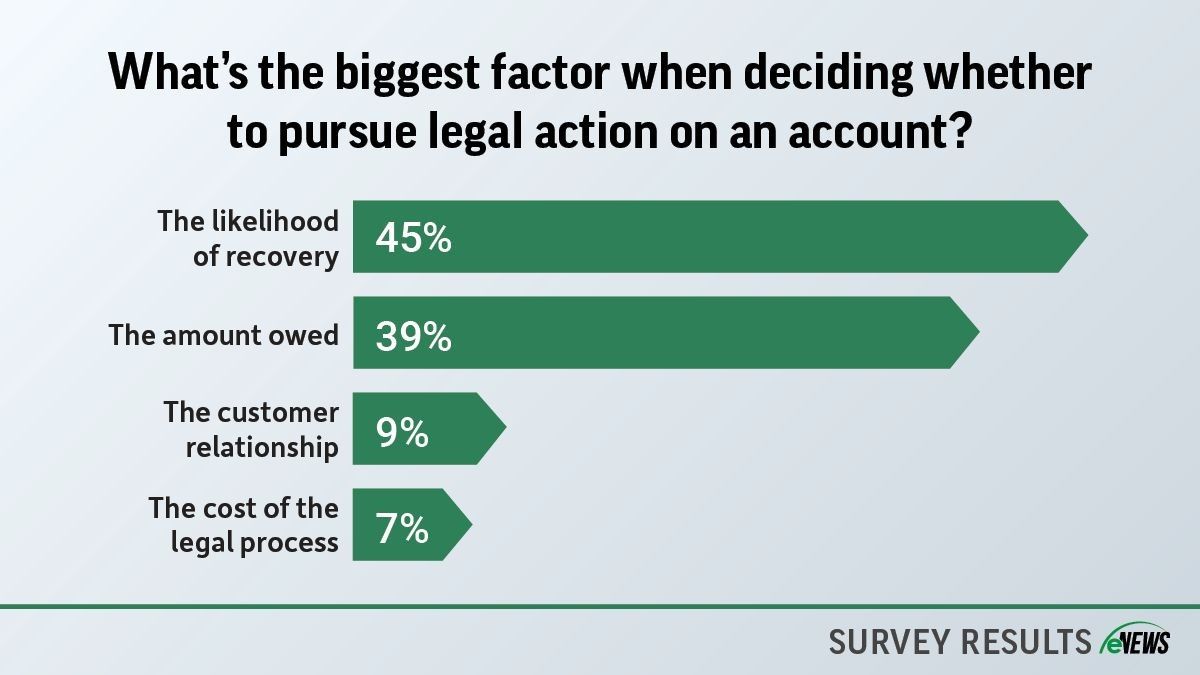Business Practices, eNews
The New Generation of Credit Managers Takes a Fresh Approach to Customer Relationships

As the next generation of credit professionals accepts jobs in the industry, they are using a different strategy to build customer relationships by leveraging new communication styles. However, the goals remain the same—create a strong sense of trust, improve customer service and mitigate risk.
Credit professionals are considered customer interface units because they talk to customers directly without having any middleman, explained Merry Duan, senior strategic account analyst at Bayer Corporation (Saint Louis, MO). “Because I manage large corporation customers, creating a strong relationship is very critical for us. I always encourage my team to communicate with the customer by any means,” Duan said. “We must play the bad cop and good cop at the same time. But the number one priority is to maintain a great relationship with the customers while also addressing any credit-related issues such as accounts receivables, bad debts or delayed payments.”
Technology and the pandemic are two factors that played in the role of shifting to virtual means of communication with customers, but communication also differs naturally across generations. Unlike the traditional reliance on in-person interactions or phone calls, younger credit managers harness the power of texting and social media to engage with customers. An eNews poll revealed earlier this year that more than half (63%) of credit professionals no longer conduct customer visits as part of their credit investigation. This time last year, only 2% of credit managers said that texting was their preferred form of contact with customers. Now, 6% say texting is a primary form of customer contact.
Some credit professionals think customer relationships can be harder to build without a face-to-face connection with customers who are in proximity to their business, but others have seen a positive impact. “We’re starting to see less and less personal, in-person visits and even less phone calls as a means of communication,” said Jason Mott, CCE, corporate credit manager at MFA Incorporated (Columbia, MO). As a credit professional in the agricultural industry, Mott thinks it’ll take a bit longer for the industry to adopt new communication strategies. “I recently spent a few hours trying to get an issue resolved with a customer through text. It seems like we’re using both email and text messages now as a main way to get a hold of people.”
Customers in the consumer credit arena have long received text messages for missed payment reminders. But B2B relationships are often more complicated than B2C relationships, so it is unclear if text reminders would work the same way in trade credit. “Text can be invading for customers in terms of payment or collecting purposes, crossing the private line,” said Yazmin Yepez, CBF, CCRA, CICP, corporate credit manager at Feralloy (Algonquin, IL). “Regardless of the age of the recipient, business is business. All communication must be respectful and professional.”
B2B customers are getting younger too, which presents an opportunity for younger credit managers to make a stronger connection because they can relate. The new generation of credit professionals may not have a long-standing history with some customers—but that might not be a bad thing. For example, after several years of working with a customer, the business and personal lines become blurred, and you may view your customer as a friend instead of a business partner. This will make you more inclined to allow consistent late payments if you have a personal relationship with them because you have built a strong sense of trust.
Brendon Misik, CCE, CICP, senior credit manager for agriculture credit at PCS Admin USA Inc. (Nutrien) (Hoffman Estates, IL) said his team rotates territories and customers around occasionally to prevent these scenarios from happening. If a customer gets too comfortable, rotating them out with another credit manager can ensure the account will get back on track. “Credit managers in the younger generations are a bit more straightforward,” Misik added. “They still build that relationship, but everything is a bit quicker. An hour-long meeting can be condensed to 10 minutes while still getting the same amount of work done. Younger generations with that mentality are also finding that they’re cutting down on payment past dues. I think that helps.”





